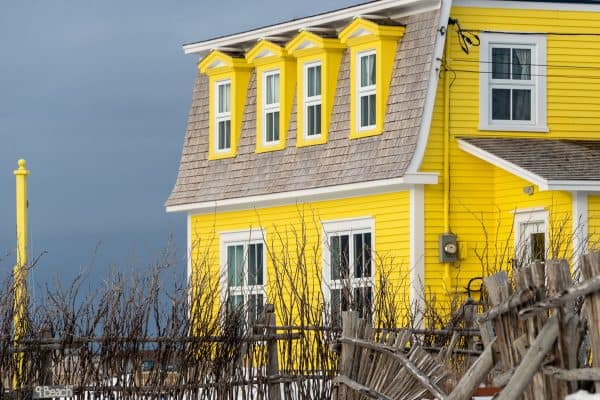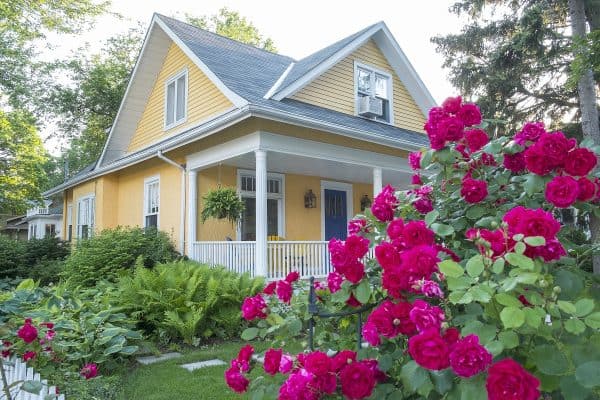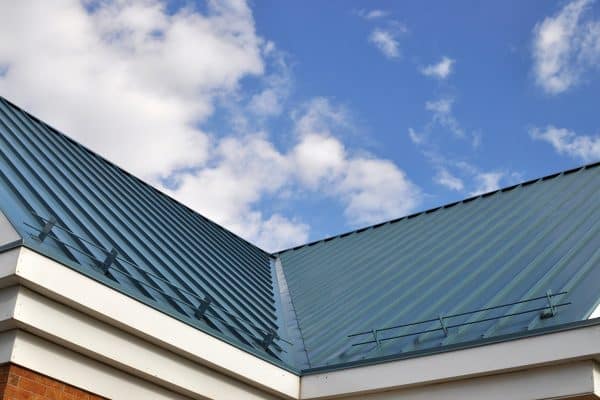It is very important to make sure that your roof is waterproof. Otherwise, your whole house and belongings would be soaking wet when there's a heavy downpour. But are all roofs waterproof? That's what we asked the experts and here's what they said.
Not all roofs are waterproof. It would depend on the materials used for your roofing. Thatched, sod, louvered, asphalt shingles, steel, and glass flat roofs are among the waterproof roofing materials that will ensure your protection against rains and other weather elements for years to come.
Keep on reading to know more about the different materials used for roofing and if they are waterproof. We'll also talk about how to make your roof waterproof in case your preferred material isn't good at keeping water or moisture away. Let's get started!
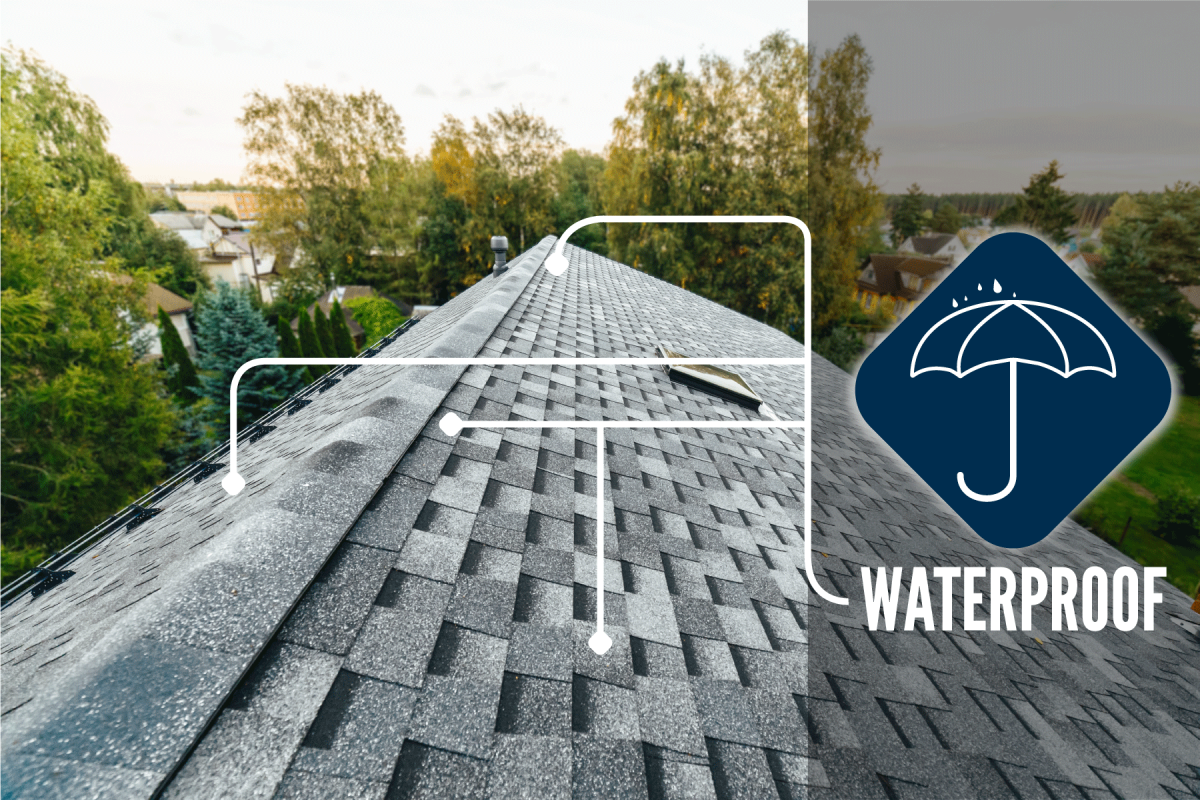
Is your roof waterproof?
The roof protects you and your house from different weather conditions. It provides shelter through all seasons. When it's raining heavily outside, you're not affected because your roof keeps you safe from various environmental factors. It is your first line of defense against extreme weather conditions.
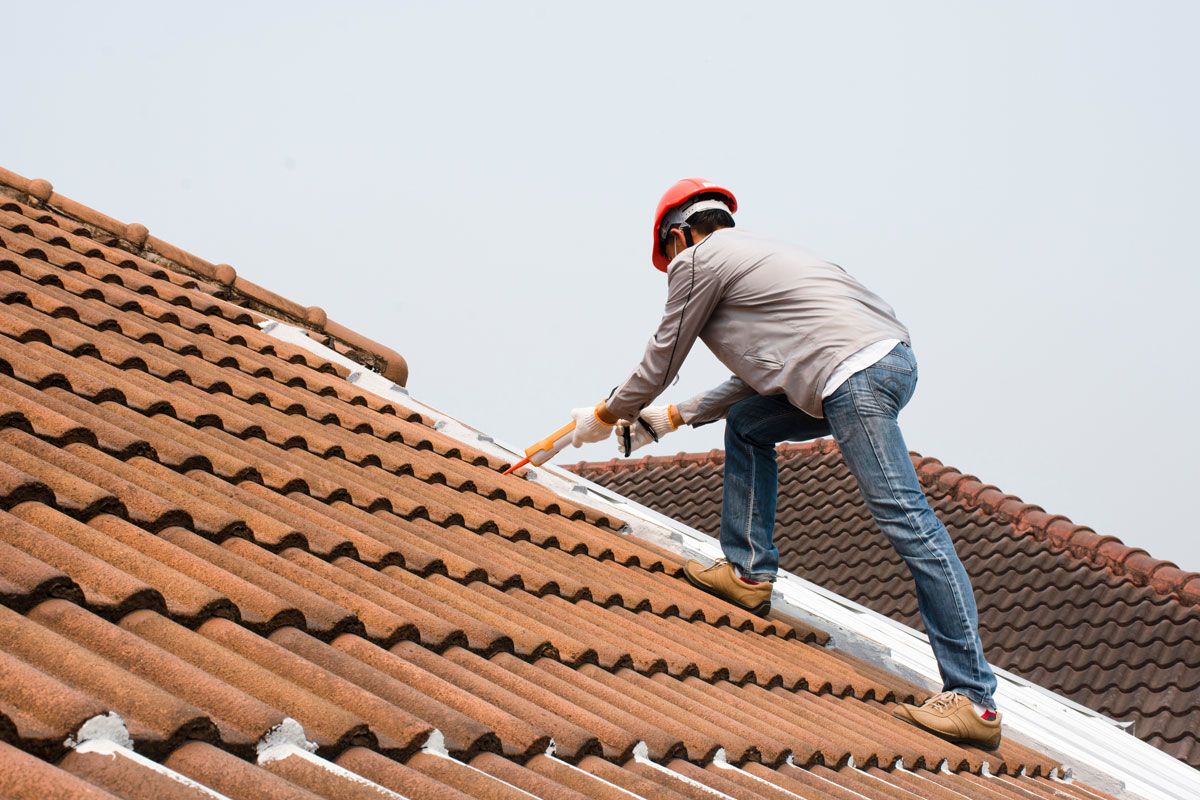
In effect, it prevents damage to the structure of your house, staining on the ceiling and walls, mold growth, and of course, it prevents your appliances and other belongings from getting wet.
But this can only happen when your roof is waterproof. This means that it can resist the entry or passage of water coming from the outside.
However, not all roofs are created equal. Certain roofing materials are waterproof by nature while some would need treatment on their surface to help them become waterproof.
This is why we cannot answer this question right away. We have to go through the different materials used to make your roof, especially its exterior portion, for you to know if they are waterproof or not.
Are thatched roofs waterproof?
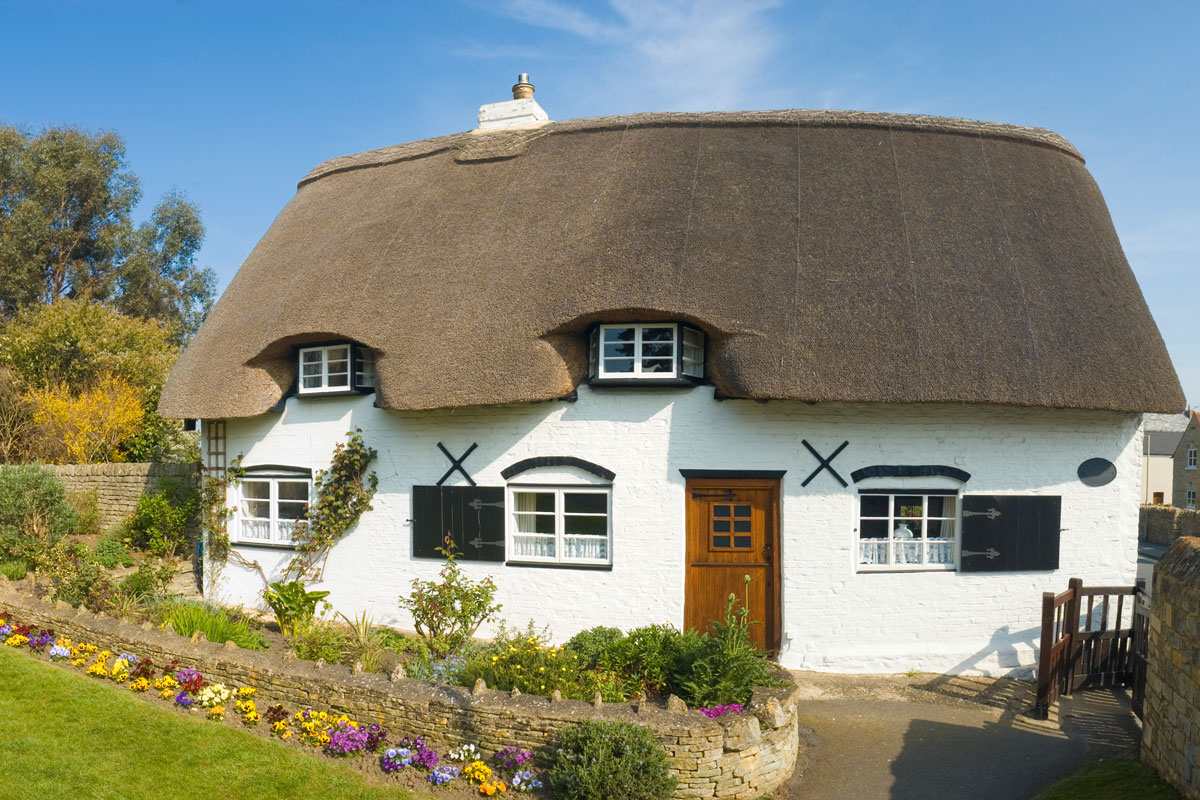
Thatch roofs help make your home warmer during the cold months and cooler during the hot summer months. They are good insulators and will help you save on energy costs. They also give your home a unique look and rustic charm without compromising your safety.
Thatched roofs are made of grass and reed that have been dried and cut according to the size needed. They come from local and naturally sourced materials such as wheat, barley, rye, and oat.
These materials are woven tightly to form a dense, impenetrable, and waterproof roof. Rainwater and pests such as rodents and insects won't be able to get through once they are installed.
When put together properly, the straw is strong and durable. They can stand up to heavy winds and rains.
Are louvered roofs waterproof?
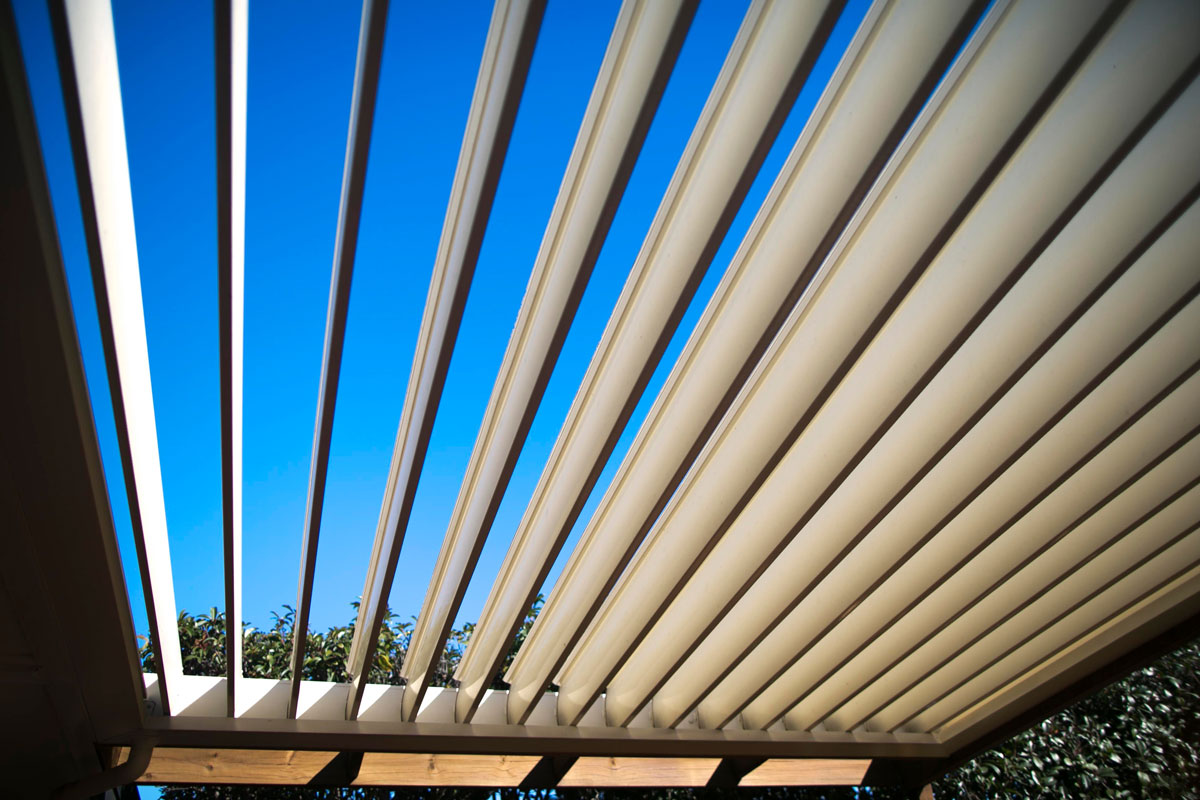
Many homeowners are also loving the different look offered by louvered roofs. These are metal, wood, or glass installed horizontally as slats.
They are also interlocking components and this is what makes them waterproof. They don't allow water to get inside plus they also have a built-in gutter system that doesn't allow water to accumulate for long as they are diverted away from the roof of the house once they start pooling on the roof.
The nice thing about this type of roof is that it is flexible. You can open the slats slightly when you want some sunlight and air to pass through and then close them tightly when the weather turns bad. Some even come with rain sensors that automatically shut the roof down during bad weather.
Are sod roofs waterproof?
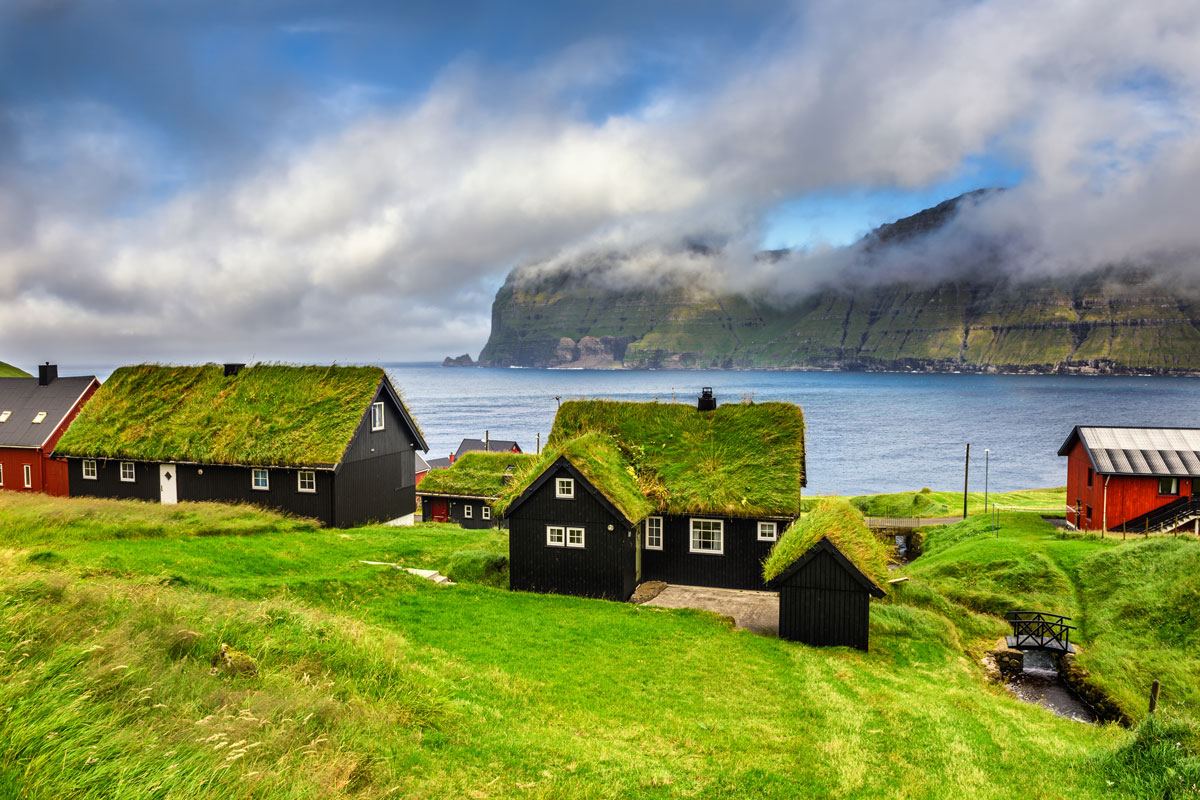
Sod roofs are also referred to as green roofs not only because they are made of turf grass (which is green) but also for the fact that they are eco-friendly materials.
They are also good for the wildlife in your vicinity. Birds can make your roof a rest stop. Bees and other pollinators can also make this their home. Sod roofs are good insulators also so your home is warm in the winter and cool in the summer.
The turf grass is laid on top of a birch bark which is waterproof. In effect, it is not the sod itself that's waterproof but the bark on which it is laid upon. The birch bark is also a strong material that protects your house from the elements.
Are tiled roofs waterproof?
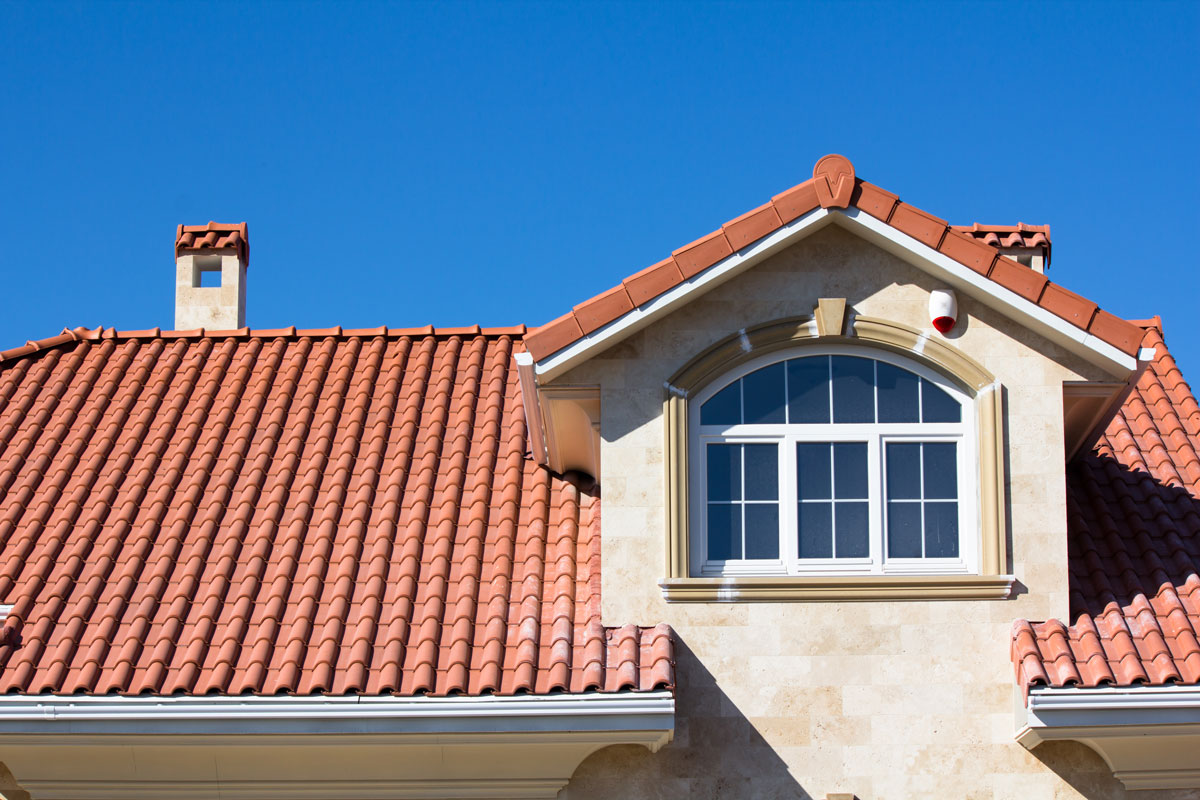
Tiled roofs are roofs made of tiles. The materials for the tiles can be sand cast, clay, or concrete. These tiles can make your house look good from the outside since they are available in different colors, designs, and styles. However, they aren't waterproof.
The roof underlayment provides the waterproofing but this is subject to extreme wear and tear and would need replacement after about 12 to 15 years.
The tiles themselves last very long, about 40 to 50 years, but you would need to have the underlayment fixed or replaced otherwise you'll have a leaking roof and your house will be subject to moisture damage.
Are shingle roofs waterproof?
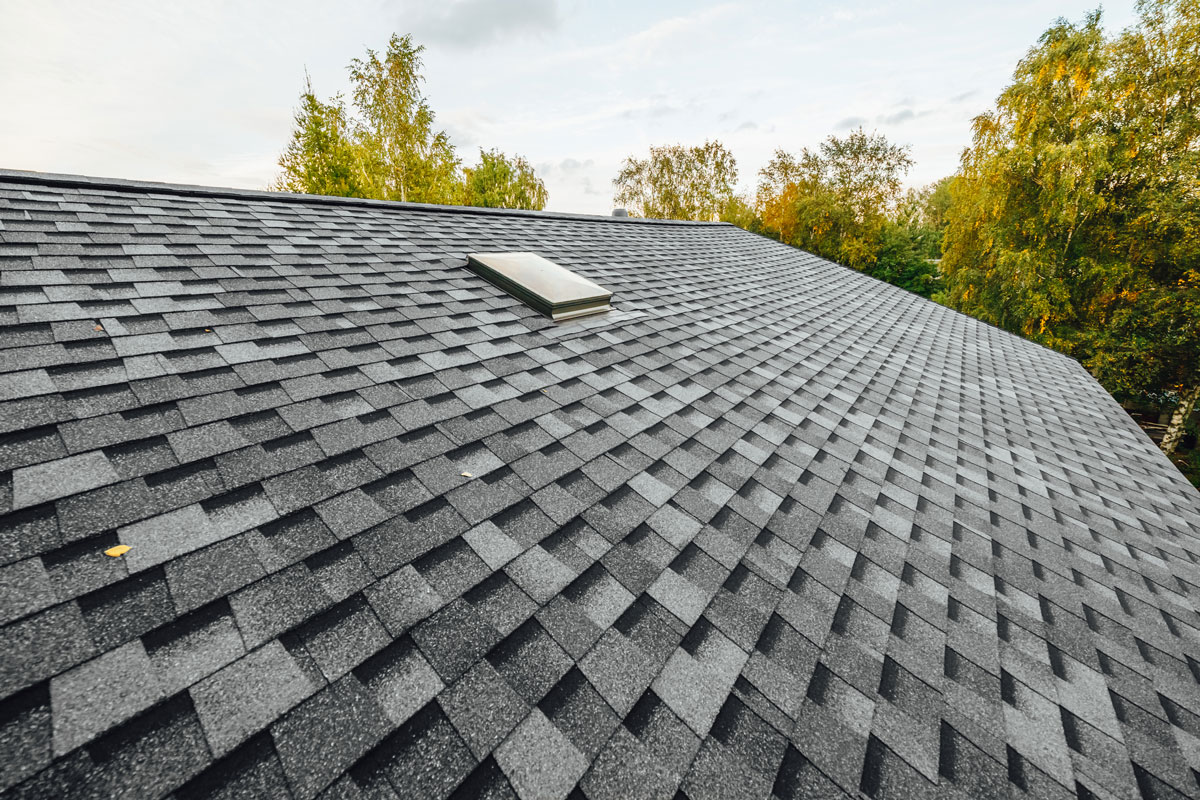
Shingles are one of the most common roofing materials. They can be customized according to the look that you want and come in different colors to suit your preference. They are also very durable.
Shingles can be made of asphalt or wood. Asphalt shingles are waterproof while wood ones are not.
Wooden shingles aren't usually used for roofs although some homeowners request them for aesthetic purposes. But since they are made of wood, they are porous and would eventually cause leaks in the roof and sides of the house.
Are concrete roofs waterproof?
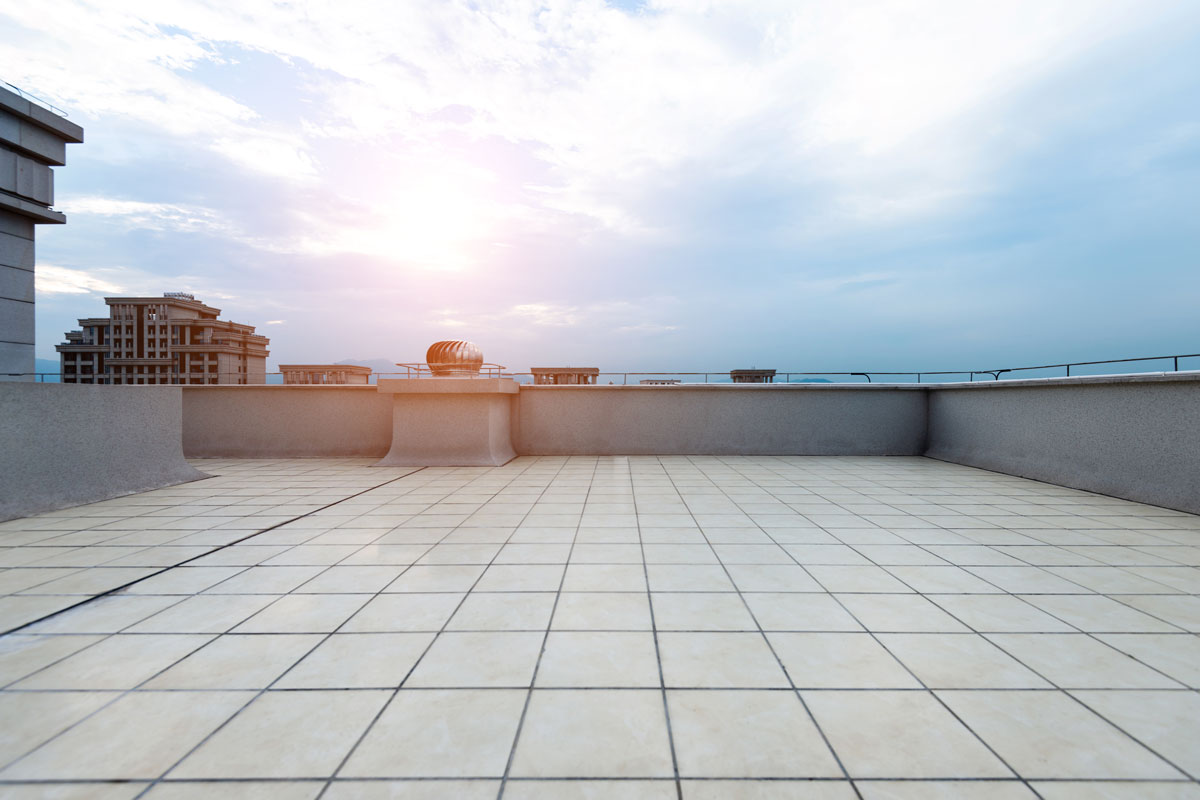
A concrete roof can be made with a slab of concrete or concrete tiles depending on how the homeowner wants it. Either way, concrete is a material that is inherently porous so it is bound to absorb water, and water damage is expected if it isn't controlled.
The concrete itself could last up to 50 years but you would need to replace the roof's underlayment every 20 years or so since it is the one that bears the load and moisture absorbed by the concrete material.
Waterproofing treatment of the concrete membrane is also required to be assured that your roof can give you adequate protection from rain and snow.
Are flat roofs waterproof?
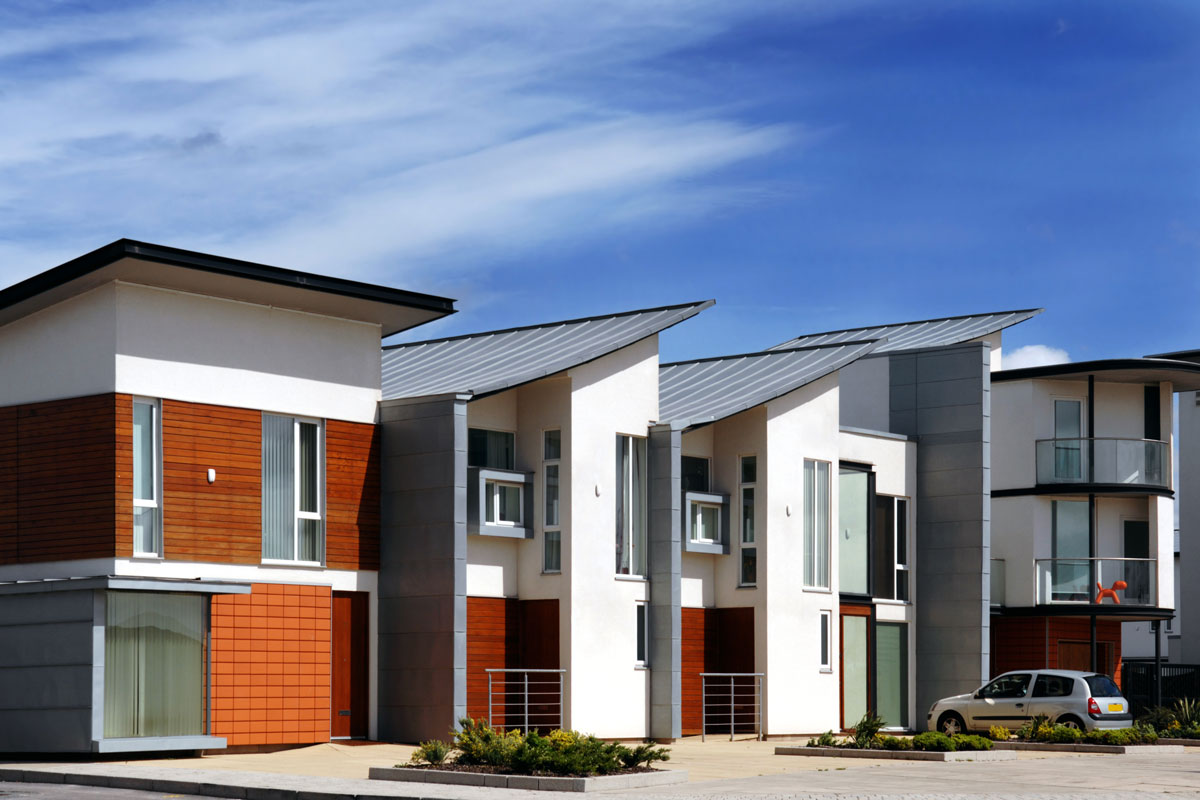
Flat roofs give a house a modern and minimalist look. They are durable and cost-effective. You don't need to add shingles or tiles on top and the space can even be used for other purposes such as a garden or terrace.
Again, the material used for the flat roof would determine if it is waterproof or not. They can be made of concrete, steel, or glass. Concrete is porous so water can permeate its surface over time. Meanwhile, glass and steel are resistant to water.
Those who prefer the simplicity and elegance of concrete flat roofs can resort to different waterproofing treatments to prevent leaking and water pooling.
How do you waterproof a roof?
By now, you already know the different types of roofs and whether they are waterproof or not. Don't despair if your preferred roof type is permeable by water. It simply means that it needs additional treatment to make it waterproof.
In fact, even waterproof materials would benefit from waterproofing measures to make them more durable in the face of extreme weather conditions.
There are different roof waterproofing materials to choose from. These are usually bitumen or asphalt-based and come in liquid form so that they are easier to apply on the surface.
Between the two, bitumen-based liquids are more preferred by experts because of their affordability, performance, and ease of application.
But of course, you have to choose the waterproofing material which is compatible with your roofing material to ensure that they will be effective in preventing water from seeping through your roof and causing moisture damage to your house.
It's best to consult professional roof contractors regarding this so that you can give your house adequate protection from the rain, snow, and other weather and environmental conditions.
Final Thoughts
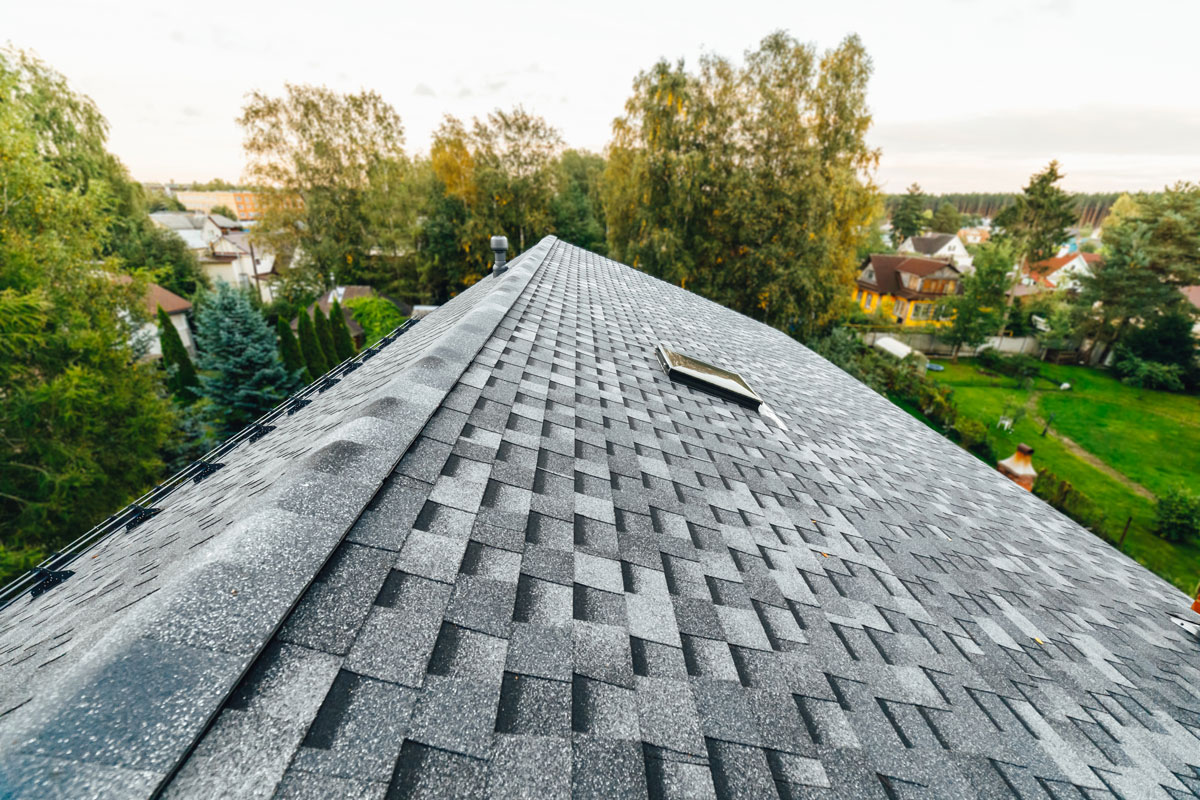
Not all roofing materials are waterproof. But there are waterproofing treatments that you can apply to them to make them better able to resist water and protect your house from the elements.

